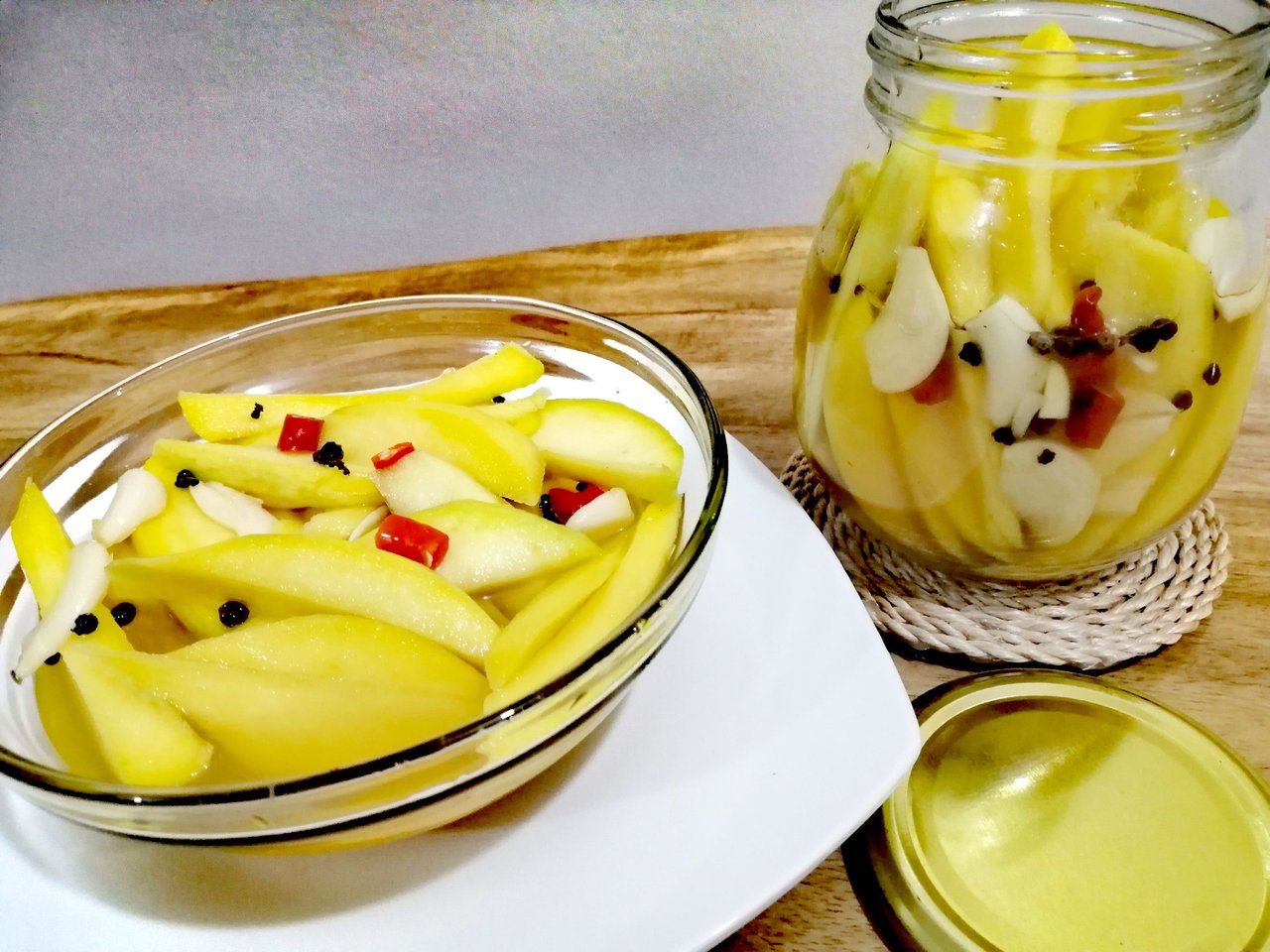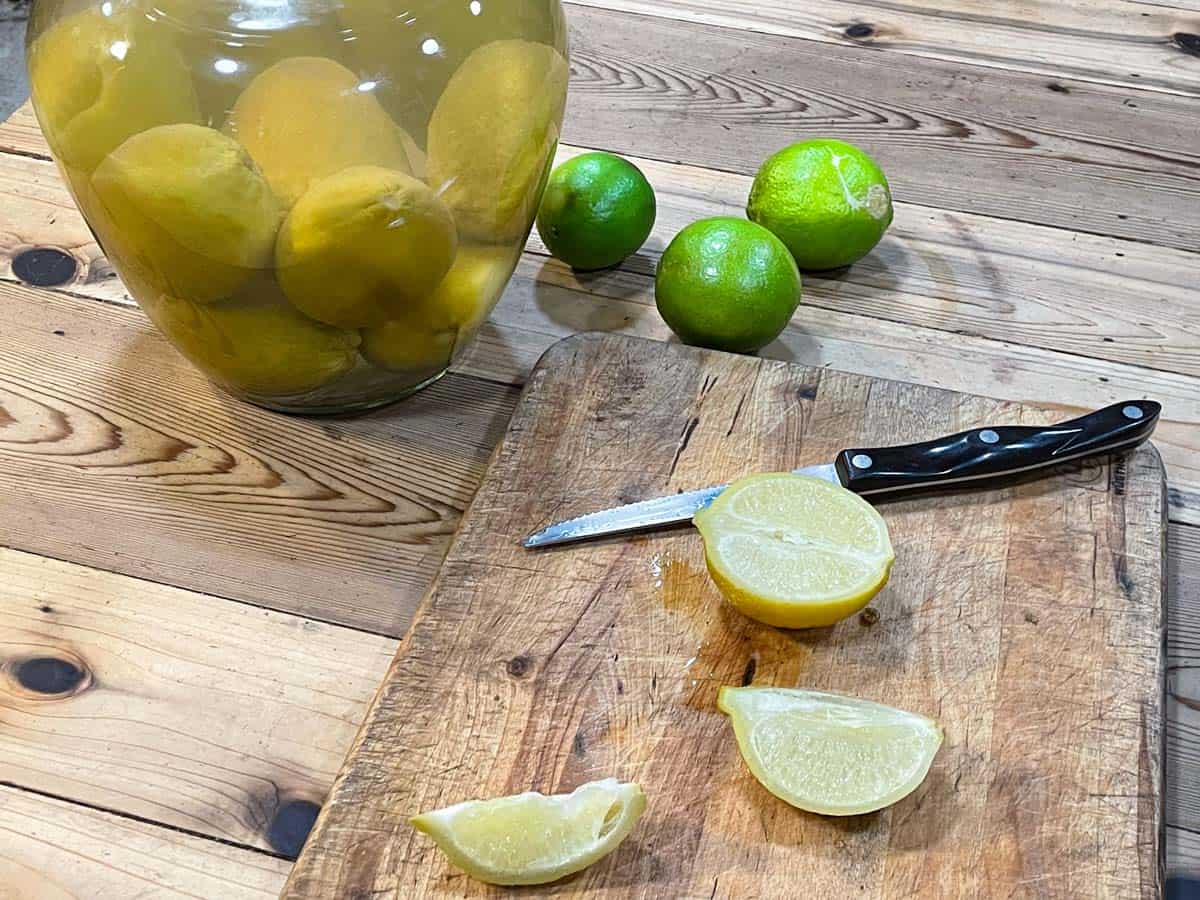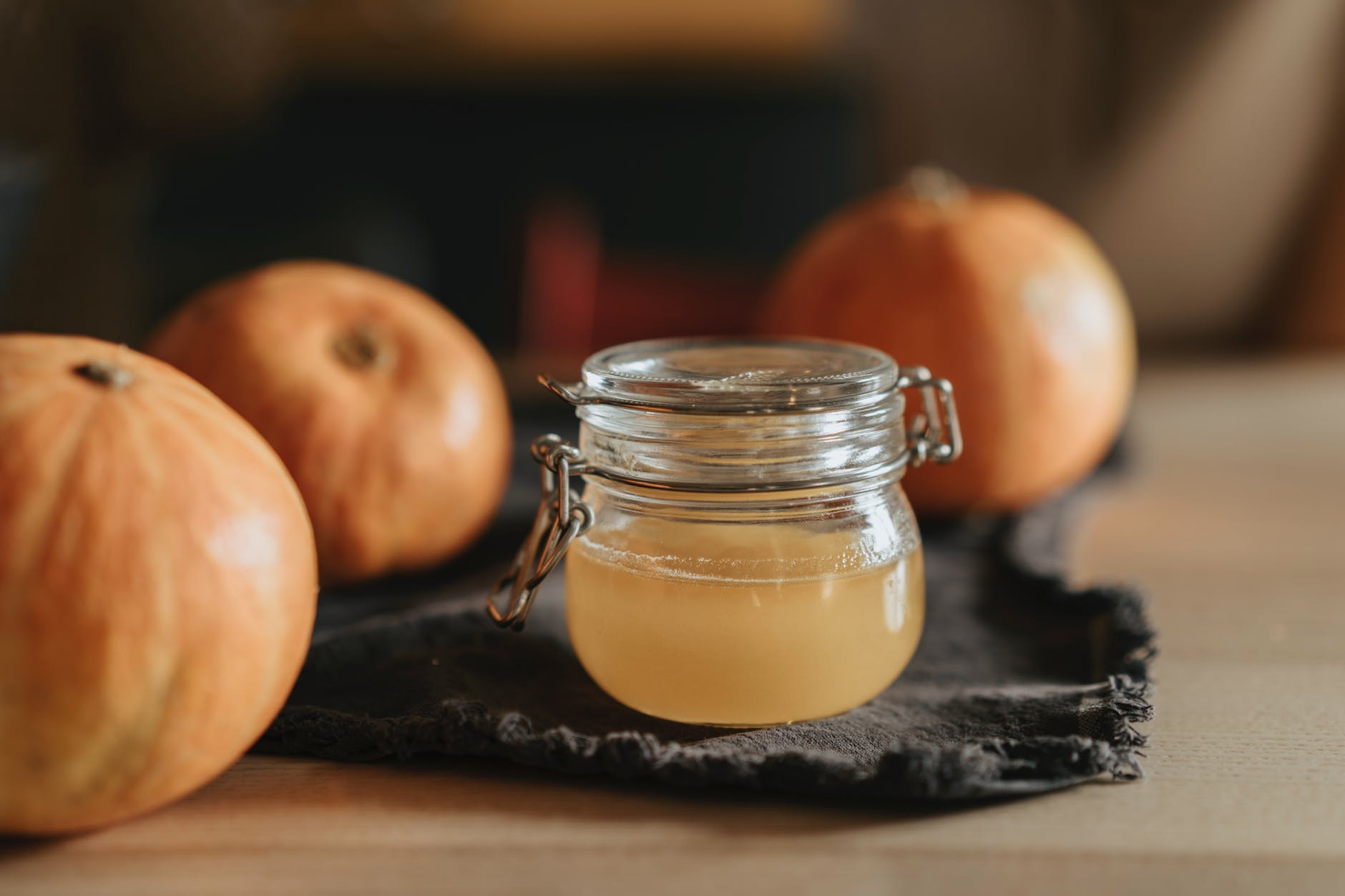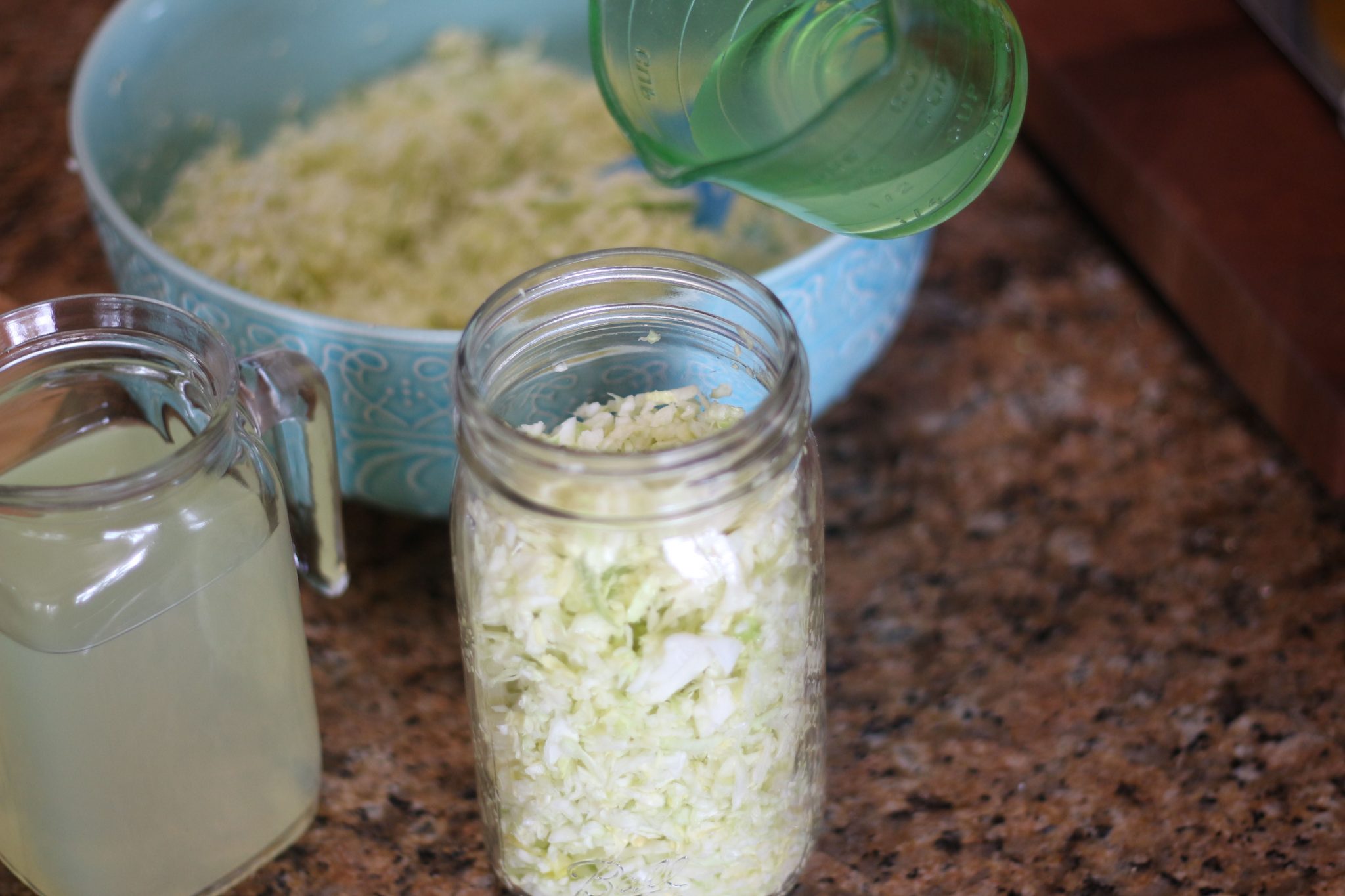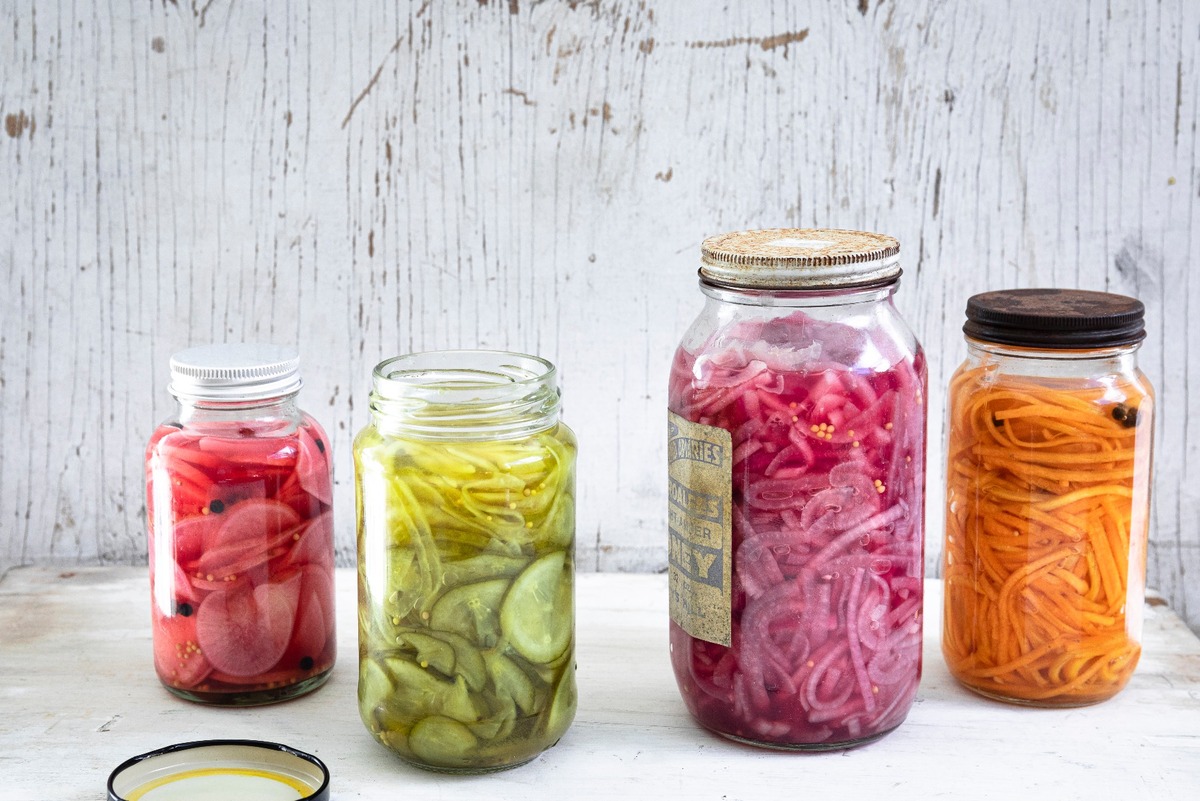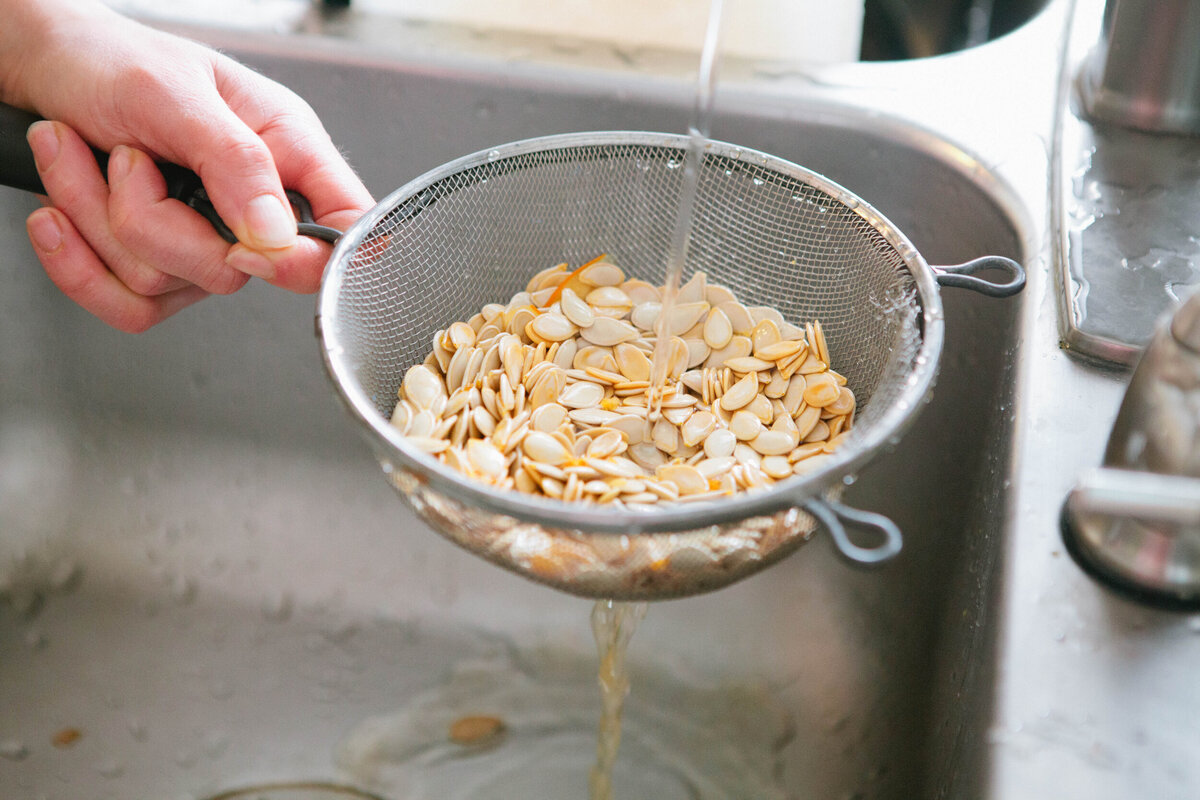Discover the Delicious Art of Fermenting Oranges
Are you looking for a unique and flavorful way to enjoy oranges? Fermenting oranges is a simple and rewarding process that can result in delicious and tangy treats. Whether you’re a seasoned fermenter or a newcomer to the world of fermentation, learning how to ferment oranges is a fun and easy way to experiment with new flavors and textures. In this guide, we’ll walk you through the steps to fermenting oranges at home, so you can enjoy the delightful results of your efforts.
Why Ferment Oranges?
Fermenting oranges offers a range of benefits, from enhancing the flavor of the fruit to increasing its nutritional value. The fermentation process can transform the natural sugars in oranges, resulting in a tangy and complex flavor profile that is both refreshing and satisfying. Additionally, fermented oranges can be a great source of probiotics, which are beneficial for gut health. By fermenting oranges at home, you can create a versatile ingredient that can be used in a variety of culinary applications, from salad dressings to marinades and beyond.
Ingredients You’ll Need
Before you begin the fermentation process, gather the following ingredients:
- Fresh, organic oranges
- Sea salt or kosher salt
- Purified water
- A clean, sterilized glass jar with a tight-fitting lid
The Fermentation Process
Now that you have your ingredients ready, it’s time to start fermenting your oranges. Follow these simple steps:
- Wash the oranges thoroughly to remove any dirt or debris from the skin.
- Cut the oranges into wedges or slices, removing any seeds as you go.
- Place the orange pieces into the sterilized glass jar, leaving some space at the top.
- Dissolve sea salt or kosher salt in purified water to create a brine. The general rule of thumb is to use 1-2 tablespoons of salt per quart of water, but you can adjust the amount based on your taste preferences.
- Pour the brine over the oranges in the jar, ensuring that the fruit is fully submerged.
- Secure the lid on the jar and store it at room temperature, away from direct sunlight.
- Allow the oranges to ferment for 3-7 days, depending on your desired level of tanginess. Check the jar daily and release any built-up pressure by slightly loosening the lid.
Enjoying Your Fermented Oranges
Once your oranges have reached your desired level of fermentation, it’s time to enjoy the fruits of your labor. Fermented oranges can be enjoyed in a variety of ways:
- As a tangy addition to salads or grain bowls
- Served alongside savory dishes for a burst of citrusy flavor
- Blended into salad dressings or marinades for a unique twist
- Simply enjoyed on their own as a flavorful and probiotic-rich snack
Experiment and Have Fun!
Now that you know how to ferment oranges, feel free to experiment with different flavor additions such as herbs, spices, or even other fruits. The possibilities are endless, and the joy of fermenting your own oranges is in the creative freedom it offers. So, gather your ingredients, roll up your sleeves, and embark on a delicious journey of fermenting oranges at home. Your taste buds will thank you!
Happy fermenting!
Exploring Delicious Recipes with Fermented Oranges
Now that you've mastered the art of fermenting oranges, it's time to put your new skills to the test with some innovative recipes. Whether you're looking to enhance your salads, mains, or even your drinks, the guide provides a plethora of options. For a light and zesty dressing, try the Zesty Fermented Orange Vinaigrette. If you're in the mood for something a bit more robust, the Spicy Fermented Orange Braised Pork offers a delightful blend of flavors. And for those warm evenings, nothing beats the Probiotic Rich Orange Mint Mojito. Each of these recipes uses fermented oranges in unique ways, ensuring your culinary creations are not only delicious but also packed with probiotic benefits.
Was this page helpful?
Read Next: How To Ferment Using An Onggi Pot




